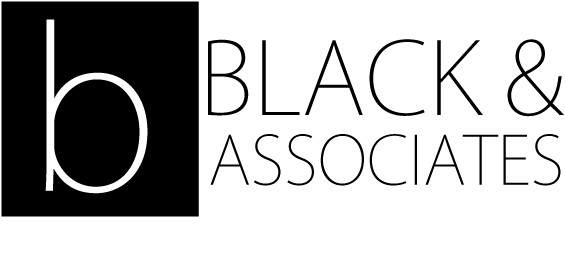On the National Day of Truth and Reconciliation, our firm reflected on the legacy of residential schools and the lack of advancement on the vast majority of the Truth and Reconciliation Commission of Canada’s Calls to Action.

Of the eighteen (18) Calls to Action that relate to Justice, only two (2) are complete. The members of the firm call upon the Federal and Ontario governments to complete the Calls to Action, including the following Calls to Action listed under Justice:
Establish a written policy that reaffirms the independence of the RCMP to investigate crimes in which the government has its own interest as a potential or real party in civil litigation;
Review and amend the Crowns' respective statutes of limitations to ensure that they conform to the principle that governments and other entities cannot rely on limitation defences to defend legal actions of historical abuse brought by Indigenous people;
To work collaboratively with plaintiffs not included in the Indian Residential Schools Settlement Agreement to have disputed legal issues determined expeditiously on an agreed set of facts;
Commit to eliminating the overrepresentation of Indigenous people in custody over the next decade and to issue detailed annual reports that monitor and evaluate progress in doing so;
Provide sufficient and stable funding to implement and evaluate community sanctions that will provide realistic alternatives to imprisonment for Indigenous offenders and respond to the underlying causes of offending;
Amend the Criminal Code to allow trial judges, upon giving reasons, to depart from mandatory minimum sentences and restrictions on the use of conditional sentences;
Recognize as a high priority the need to address and prevent Fetal Alcohol Spectrum Disorder (FASD), and to develop, in collaboration with Indigenous people, FASD preventive programs that can be delivered in a culturally appropriate manner;
Undertake reforms to the criminal justice system to better address the needs of offenders with Fetal Alcohol Spectrum Disorder (FASD);
Eliminate barriers to the creation of additional Indigenous healing lodges within the federal correctional system;
Work with Indigenous communities to provide culturally relevant services to inmates on issues such as substance abuse, family and domestic violence, and overcoming the experience of having been sexually abused;
Provide more supports for Indigenous programming in halfway houses and parole services;
Commit to eliminating the overrepresentation of Indigenous youth in custody over the next decade;
Create adequately funded and accessible Indigenous-specific victim programs and services with appropriate evaluation mechanisms; and
Commit to the recognition and implementation of Indigenous justice systems in a manner consistent with the Treaty and Indigenous rights of Indigenous peoples, the Constitution Act, 1982, and the United Nations Declaration on the Rights of Indigenous Peoples.
We demand that much more progress is made by this time next year.
As a firm, we commit to engaging in ongoing and appropriate cultural competency training, and continuing to pursue skills-based training in intercultural competency and anti-racism.
Based on the principle of “reflect, then act”, our firm has made this post, written to the Federal Minister of Justice, and made a donation to Tewegan Housing for Aboriginal Youth, an Ottawa-based transitional home for First Nations, Inuit, and Metis women ages 16 to 29. We encourage everyone to support Indigenous organizations in your community, if in a position to do so.
For more information on the status of each Call to Action, you can visit Beyond 94, a website that monitors the progress on the Truth and Reconciliation Commission’s 94 Calls to Action:

Comments